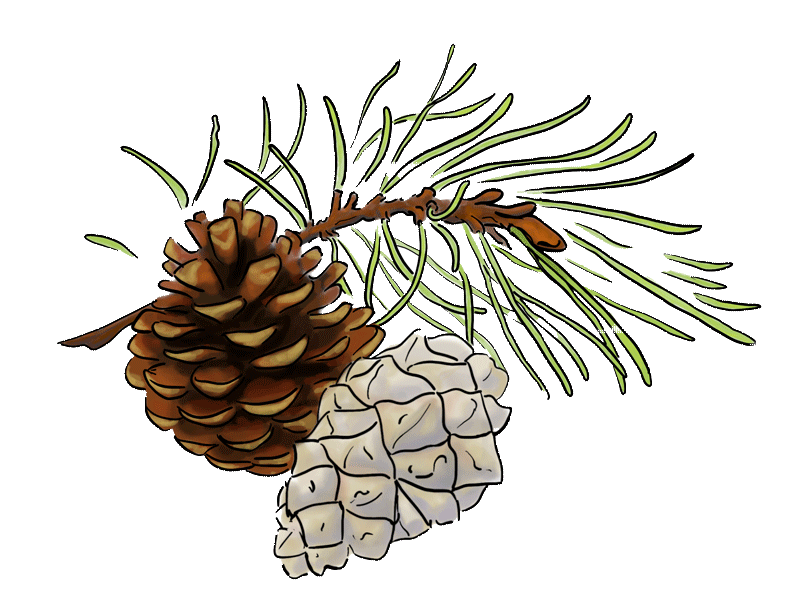Some Frequently Asked Questions
Valerian and Motherwort flowering in the back
How is the Course delivered?
There are two 3-day face-to-face immersion classes which are in person, one in October/November and the second in May/June. There are optional additional face to face days offered at some locations.
There are 6 Zoom class tutorials sessions each year to allow students to interact with the tutors and each other. These give an opportunity for cohort learning and community building, sharing experiences, asking questions, and addressing selected topics.
Students are supported by a mentor who gives a minimum of 10 hours mentoring per year to help them complete assignments and engage with the studies. Mentoring includes 2 one to one sessions on Zoom or phone as a minimum, answering questions and giving support on the path of self-directed study and identifying learning modes and intelligences.
The online studies for the Apprenticeship consist of the filmed lectures and practical sessions plus course notes.
The student undertakes formative assignments and has these assessed by their mentor. In addition, they can discuss any areas where they need extra assistance with their mentor. All mentors have undertaken the Apprenticeship and have plenty of experience of herbal practice.
What Certification is given?
Only students who have undertaken the two years, attended the immersions (or provided documented evidence that they have acquired similar training in their locality), submitted their assignments and passed all elements of the continuous assessment will be awarded a certificate of completion.
Students wishing to become full clinical practitioners can then apply to undertake a further 3 years clinical training and study to gain the Herbal Practitioner Diploma.
Undertaking the Apprenticeship and Clinical Training Programme, completing all course assignments and requirements and passing the final clinical exam gives a sufficient level of training (complying with the both the IRH and AMH core curricula) to enable graduates to apply for full membership of the IRH, the AMH (UK) and the CPP who all recognise the course.
Who can sign up for the course?
The course is open to anyone with basic skills in reading, writing, and speaking English since all the course material is written in this language.
Since this is a blended course with online content, students need a computer, tablet, or smart phone to access this material although it is preferable to have a computer or tablet rather than a phone to work on.
Basic skills regarding internet navigation, bookmarking, document downloading, editing, and printing are all required. Computer skill courses are available in adult education centres, contact your library or citizens advice for local details.
What are the Course dates?
The Apprenticeship courses run from October to June each year with breaks for Christmas and Easter. A full schedule of dates is sent out with the application form link.
The Clinical training programme commences in September and some training clinics are held over the summer period to allow students to get the required 500 hours of supervised clinical training.
Some training clinics are held virtually on Zoom allowing students to attend a wide range of them.
Motherwort in flower
What is the Course Structure?
The first stage is structured as a two-year foundation apprenticeship leading to a certificate in community herbal medicine. The first year contains 10 modules plus study of about 80 plants. The second year contains 11 modules and a further 80+ plants are introduced.
For those who wish to become clinical practitioners there is a further three-year Practitioner Training programme, incorporating self-directed study, lectures, and supervised clinic training.
Progression to the Practitioner training is dependent upon displaying the capacity for this level of training during the continuous assessment carried out over the Apprenticeship training and therefore there is a second enrolment process at this point.
Students who can demonstrate sufficient prior experiential learning may be accepted onto the Clinical Training Programme from routes other than the Plant Medicine School Apprenticeship.
The School also runs CPD courses open to graduates of the School’s Diploma and from other trainings. Some lectures and seminars are open to individuals looking for bridging training to allow them to be grand parented into the IRH.
The training is designed to be experiential, incorporating a lot of hands-on learning in conjunction with lectures, classes, demonstrations, and self-directed study.
The core emphasis of the course is an in-depth knowledge of the plants and their value for health, food, and medicine alongside developing a good knowledge of the human condition both energetically and clinically.
Field work, pharmacy practice and clinical work form a large part of the training. The ethos of the practice taught is sustainable holistic community based herbal practice.




